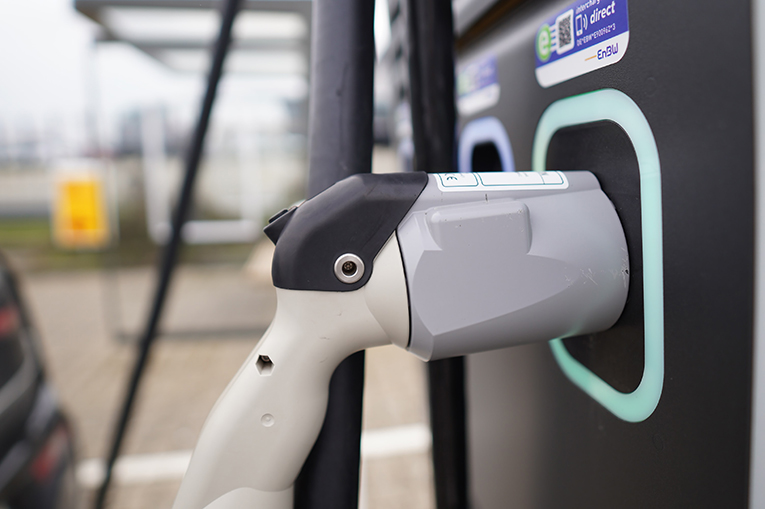According to a story released today by Energy News Network, Connecticut regulators finalized new rules. Accordingly, they are paving the way for a significant expansion of battery storage and electric vehicle charging. Indeed, this initiative is part of a broader effort to modernize the state’s electric grid.
Read more of our news content, here; API Updates Cybersecurity Standards For Pipelines
Moreover, ENN notes, the ultimate goal of the proceeding is to make the electric grid more resilient, equitable, and supportive of clean energy. In fact, since 2019, the authority has held multiple technical meetings and listening sessions in each of the subject areas. Besides, it solicited comments from interested stakeholders before issuing the final initiatives.
About the Charging Infrastructure Plan in Connecticut
Accordingly, the charging infrastructure program resulted from the state’s commitment to a 10-state memorandum of understanding. Therefore, this initiative aims to deploy 3.3 million zero-emission vehicles by 2025 collectively. Moreover, Connecticut’s target is 125,000-150,000 electric vehicles by that time, a major jump from the current 17,000.
Further, the plan provides incentives for installing charging stations. Additionally, it sets specific deployment targets for residential single-family and multifamily charging stations. Also, for workplace charging stations and fast-charging stations.
Thus, setting those targets should help “drive toward a more equitable distribution;” said Marissa P. Gillett, the Public Utilities Regulatory Authority chair.
The plan also includes a lease option, whereby multifamily dwelling owners may pay a monthly fee; specifically to the utilities to supply charging stations.
The benefits of the program
Accordingly, homeowners installing a charger will receive rebates of up to $500. Indeed, the maximum incentive per site is $20,000; however, sites in underserved communities will be eligible for up to $40,000.
While the program will help Connecticut catch up with surrounding states; what would drive deployment is if lawmakers approve the Transportation Climate Initiative, said ENN. Accordingly, that multi-state program failed to win lawmakers’ support this past session after gas station owners and Republican lawmakers blasted it as a gas tax.
Moreover, the regional cap-and-invest program can reduce vehicle emissions by requiring wholesale fuel suppliers; particularly, to purchase allowances for the pollution created by their products. States could also use the proceeds to make infrastructure investments to further clean up the air; including, for instance, installing charging infrastructure.
In fact, the electric storage plan follows the legislature’s passage this year of a law establishing a statewide goal; specifically, of deploying 1,000 megawatts of energy storage by 2030. Accordingly, Connecticut is the eighth state to set such a target.


